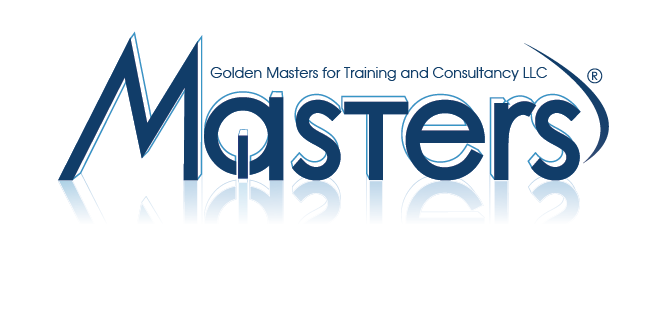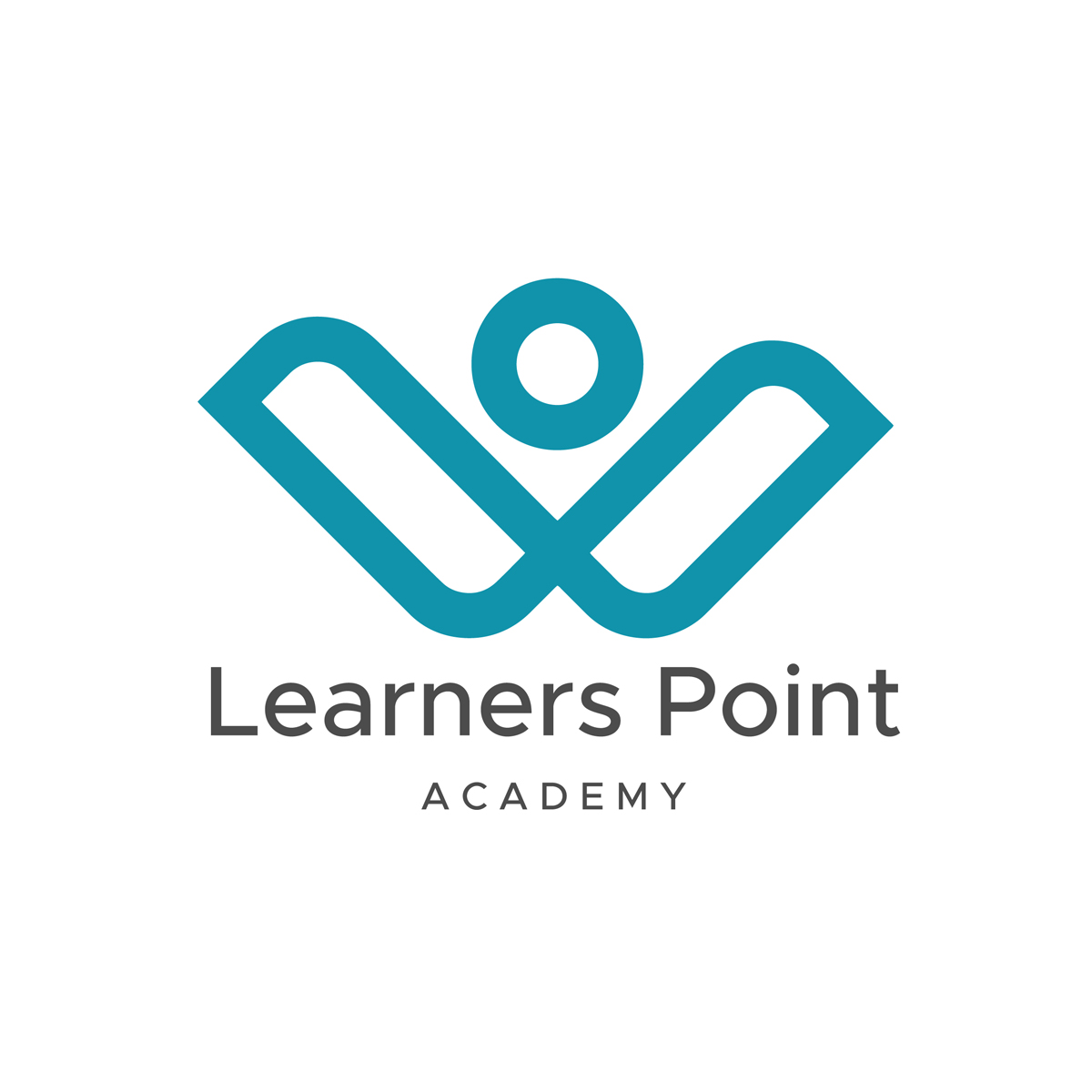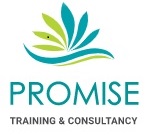Module I: Managing the Logistics and Transport Environment
Topics That Will Be Covered Include:
• Internal structures and processes
• External factors
• Stakeholder interests
• Marketing and commercial needs
• Legal issues
• Environmental issues
Key Learning Points:
Different Organisational Structures
• Aims and objectives of organisational structures
• Influences on structure
• Problems arising from unsuitable or poor structures
• Types of structures – tall, flat, centralized, de-centralized
• Span of control and chain of command
• Internal relationships – line, functional, staff, lateral
• Main structural forms – functional, geographical, divisional, project, matrix
Planning, Controlling and Decision-Making
• Role and function of planning
• Types of planning processes – operational/tactical/strategic
• Planning and control cycle
• Information needs for planning
• Decision-making process
• Decision models
Goals and Objectives
• Role and functions of goals
• Role and functions of corporate and functional objectives
Stakeholders
• Internal and external stakeholders
• Meeting stakeholders’ needs and expectations
• Managing stakeholder conflicts
Internal and External Communications
• Decisions about internal and external communications
Internal and External Environmental Influences
• Types of communication
Information Systems and Technology
• Role and function of management information systems
• Types of data and systems
Marketing Policy and Planning
• Features of external environment
• Requirements for gaining and maintaining competitive advantage
Analytical Models
• PEST, SWOT, 5 Forces
Marketing Needs
• Elements of market research
• “4 P’s” model
Ethical Issues
• Principles of social responsibility for organisations
• Codes of practice
• Individual responsibility
Legal Framework
• National and international sources of law
• Types of law
Principles Of Business Law
• Requirements for setting up different types of organisations
• Key legal documents and processes
• Bankruptcy and liquidation processes
• Main elements of law relating to contracts, agency and Employment
Module II: Fleet Management Operations
Topics That Will Be Covered Include:
• Legal requirements for operators, vehicles and drivers
• Vehicle utilization
• Customer service
• Routing and scheduling systems
• Loading and load security
• Vehicle loading equipment
• Vehicle maintenance and administrative systems
• Insurance for legal liabilities relating to people, vehicles, property, the public
• Accident prevention
• Vehicle specification and selection
• Vehicle acquisition and financing requirements
• Maintenance cost and budgeting
• Site safety and security
• Stores and fuel purchase, monitoring and control
• Environmental aspects of operations
• Staff training
Key Learning Points
Regulation and Control of Fleet Operations
• Main areas of legislation relating to licensing and standards for operators, vehicles and drivers
Enforcement and Penalties
• Government departments and functions responsible for legal enforcement
• Traffic laws
• Public safety
• Infringements, penalties and enforcement processes
Vehicle Utilization
• Fleet profile
• Matching demand and supply
Service Provision
• Journey planning
• Characteristics of different demands and markets
Cargoes and Load Factors
• Carrying capacity for different types of cargoes/passenger needs
• Optimizing vehicle space and vehicle choice
Load Safety
• Safety requirements for goods/passengers
• Passenger and freight restraint systems
On-Board Equipment
• Choice of loading equipment, safe use and maintenance
In-House or External Maintenance
• Features of alternative methods of maintenance and repair services
Legal Requirements for Maintenance
• Maintenance standards and systems
• Reporting and recording procedures
Maintenance Budget
• Maintenance cost elements and cost control
• Components of maintenance budget
Fleet Purchasing
• Methods of vehicle acquisition and funding
• Purchasing procedures for fleet store
• Fuel purchasing
Fuel and Stores Control
• Safe and secure storage and issue procedures
Insurance
• Compulsory insurance
• Insurance requirements for vehicles, premises and staff
• Insurance procedures following accidents
Accident Prevention and Safety
• Safe driving practices
• Staff training





